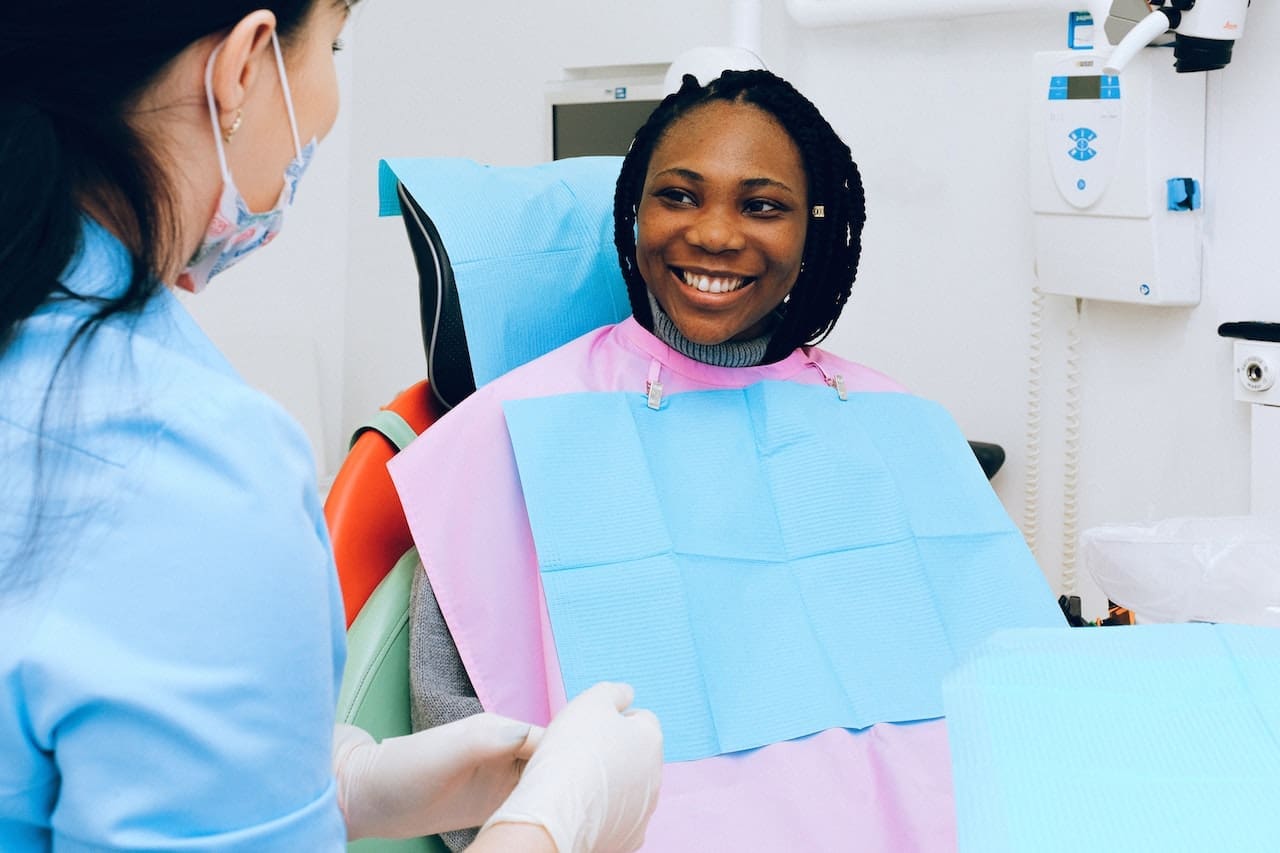
Basic Facts about Ankyloglossia and Laser Tongue Tie Surgery
Ankyloglossia, popularly known as tongue tie, is a condition that can cause difficulty with eating, speaking, and swallowing. This condition happens when the tissue that

Ankyloglossia, popularly known as tongue tie, is a condition that can cause difficulty with eating, speaking, and swallowing. This condition happens when the tissue that

LANAP laser gum procedure is a minimally invasive way to treat gum disease. It is performed using a specialized laser that targets and removes infected

Dental implants are a popular option amongst patients looking to improve their smile or fix problems with missing teeth. But before you become a candidate

A dental crown is a dental restoration that covers the entire tooth surface, restoring it to its original shape and size. Crowns are typically used

Healthy, appealing smiles are common amongst people with pearly white teeth. However, there are many who struggle with self-esteem because of their yellow teeth. The
Monday: 8:00am-6:00pm
Tuesday: 8:00am-5:00pm
Wednesday: 8:00am-6:00pm
Thursday: 8:00am-5:00pm
Friday: 8:00am-5:00pm
Saturday: 8:00am-2:00pm